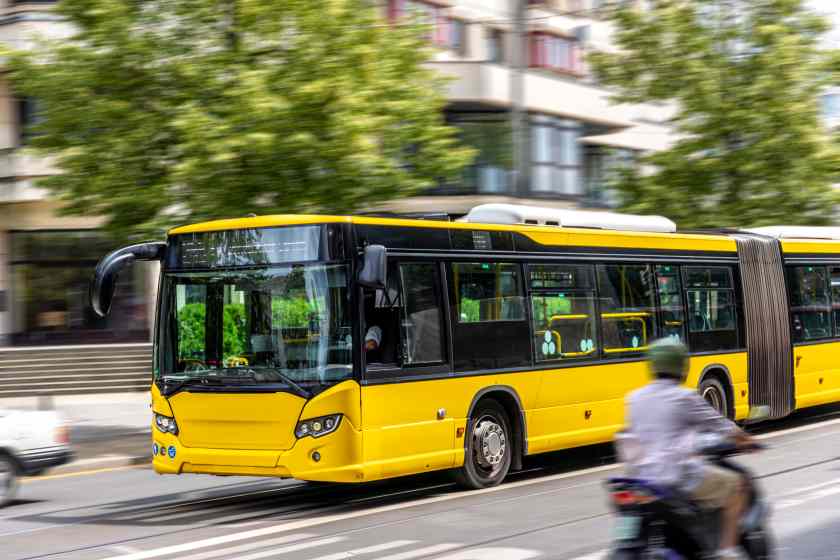Vienna's Leap Towards Green Mobility: Rampini H2 Fuel Cell Minibuses Revolutionize Urban Transit
Key Ideas
- Wiener Linien is introducing ten Rampini H2 minibuses in Vienna to enhance ecologically friendly urban mobility, contributing to the city's climate targets and cleaner air.
- The innovative fuel cell technology in the minibuses allows for a silent and energy-efficient operation, showcasing Vienna's commitment to sustainable public transport.
- Partnerships with the European Union and Austria's Federal Ministry for Climate Action highlight the support for hydrogen technology as a future energy carrier for public transport in Vienna.
- Vienna's plans for future expansion of hydrogen buses and transitioning to carbon-neutral public transport align with the city's sustainability goals and aim for a cleaner mode of transportation.
Vienna's transport operator, Wiener Linien, is set to introduce ten Rampini H2 fuel cell minibuses to operate in the city center, marking a significant step towards more environmentally sustainable urban mobility. These hydrogen-fueled minibuses will replace traditional e-minibuses, offering a cleaner, quieter, and energy-efficient alternative that aligns with Vienna's climate targets and larger goal of becoming climate-neutral by 2040. Fueled by hydrogen fuel cells, the minibuses produce electricity through a chemical reaction, emitting only water vapor, making them an ideal solution for environmentally conscious urban transportation.
Each bus is equipped with a 30 kW fuel cell system and a 175 kWh LTO battery, enabling them to cover up to 350 km per day on a full tank of hydrogen. The buses' advanced technology allows for all-day operation without the need for frequent recharging, thanks to a range extender system combining hydrogen and electric power. The hydrogen filling station at the Vienna power grid campus ensures a carbon-neutral process, supporting the city's climate protection efforts.
Funded in part by the European Union's EBIN program and Austria's Federal Ministry, the project emphasizes the potential of hydrogen technology in shaping the future of public transport. The deployment of these minibuses not only reduces carbon emissions but also enhances public and visitor quality of life by offering a cleaner and quieter mode of transportation. Vienna's strategic shift towards sustainable public transit includes plans to convert more bus lines to electric and hydrogen drives, showcasing the city's commitment to green energy in the transport sector.
Vienna's initiative to introduce Rampini H2 minibuses is a significant stride towards carbon-neutral transportation, supporting the city's goal of lowering carbon emissions and improving air quality. The city's long-term vision includes expanding the use of hydrogen vehicles and enhancing the hydrogen infrastructure by 2030 to promote cleaner urban living. Through innovative projects like these, Vienna is establishing itself as a pioneer in environmentally friendly mobility, setting an example for other cities to follow in creating greener and more sustainable urban areas.
Topics
Fuel Cells
Environmental Impact
Innovation
Sustainability
Green Energy
Public Transport
Carbon Neutrality
European Union Funding
Urban Living
Latest News
